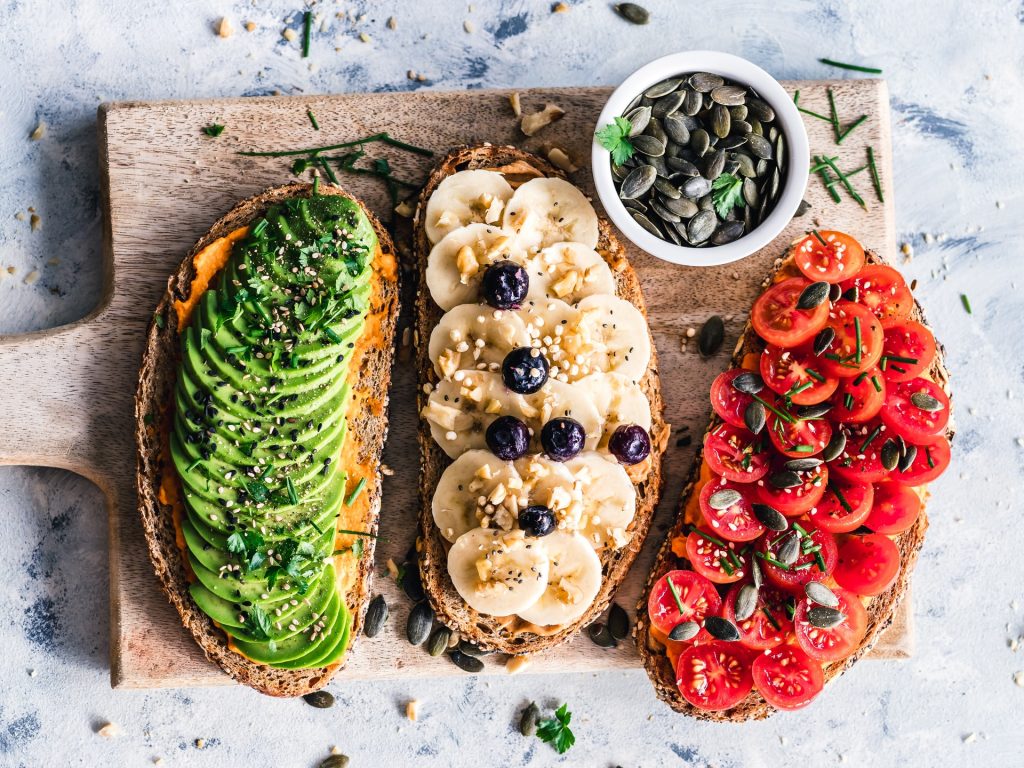A Helpful Guide to Vegan Diet

Vegan nutrition simply refers to the entire human health and nutritional aspects of vegan diets, which exclude animal products. The vegan diet can be adapted to cater to different individual needs. A well-balanced, vegan diet is convenient to follow all time to provide adequate nutrients to the body throughout the different stages of life.
There are two broad categories of food items that make up the vegan diet. These are legumes and grains. Legumes include beans, lentils, peas and nuts. Rice and grains like oats and barley are grain products that don’t contain any calories.
Vegetables, beans, nuts and fruits constitute a complete protein source and are great sources of vitamins and minerals. Legumes and grains provide a complete source of iron, zinc, calcium, magnesium, potassium and fibre. The vegan diet consists mainly of vegetables and grains, whereas fruits, nuts and seeds are rich in vitamin E and vitamin B-12. Fruits and vegetables contain essential fatty acids that are crucial for cell-membrane functions.
Many researchers believe that plant-based diets reduce the risk of several types of cancer including colon, prostate and breast cancer. They also believe that people following this type of diet are less likely to suffer from certain diseases like diabetes and heart disease. Certain studies have shown that vegan dieters have a lower instance of depression. Also, vegetarians have been reported to live longer than non-vegetarians.
Fruits and vegetables are good sources of fibre, antioxidants, phytonutrients and dietary fibre. Nuts are high in protein and iron. Beans and nuts are rich in fibre. Poultry and eggs are some good sources of vegan protein.
Lentils are a type of bean very beneficial for vegans because they are a complete source of protein and contain hardly any fat. Lentils can be cooked with different kinds of sauces. Grains, nuts, eggs, tofu, lentils and other fresh foods can be included in the vegan diet. To satisfy cravings between meals, the vegan diet can also be supplemented with soy milk or rice milk.
A healthy body functions well and stays healthy only when all the basic nutrients are supplied. It should get the right amount of calories and proteins. The vegan diet is especially beneficial for infants, children and pregnant women as it provides all the nutrients necessary for their growth and development. While vegans consume enough calcium and magnesium to grow well, they sometimes miss out on B vitamins which are particularly important for proper brain functioning. Vitamin B12 is found in enriched wheat bread, cereals, beans, peas, mushrooms, spinach, dairy products and liver.
A healthy diet is a combination of fresh vegetables, whole grains, fruits, nuts and seeds, fish, legumes, herbal teas, and whole milk. These foods contain all the essential nutrients required for a balanced diet. They help to build strong muscles, promote a strong immune system, enhance digestion, and provide energy to carry on with daily activities. It can be summed up that the vegan diet provides a host of health benefits.

